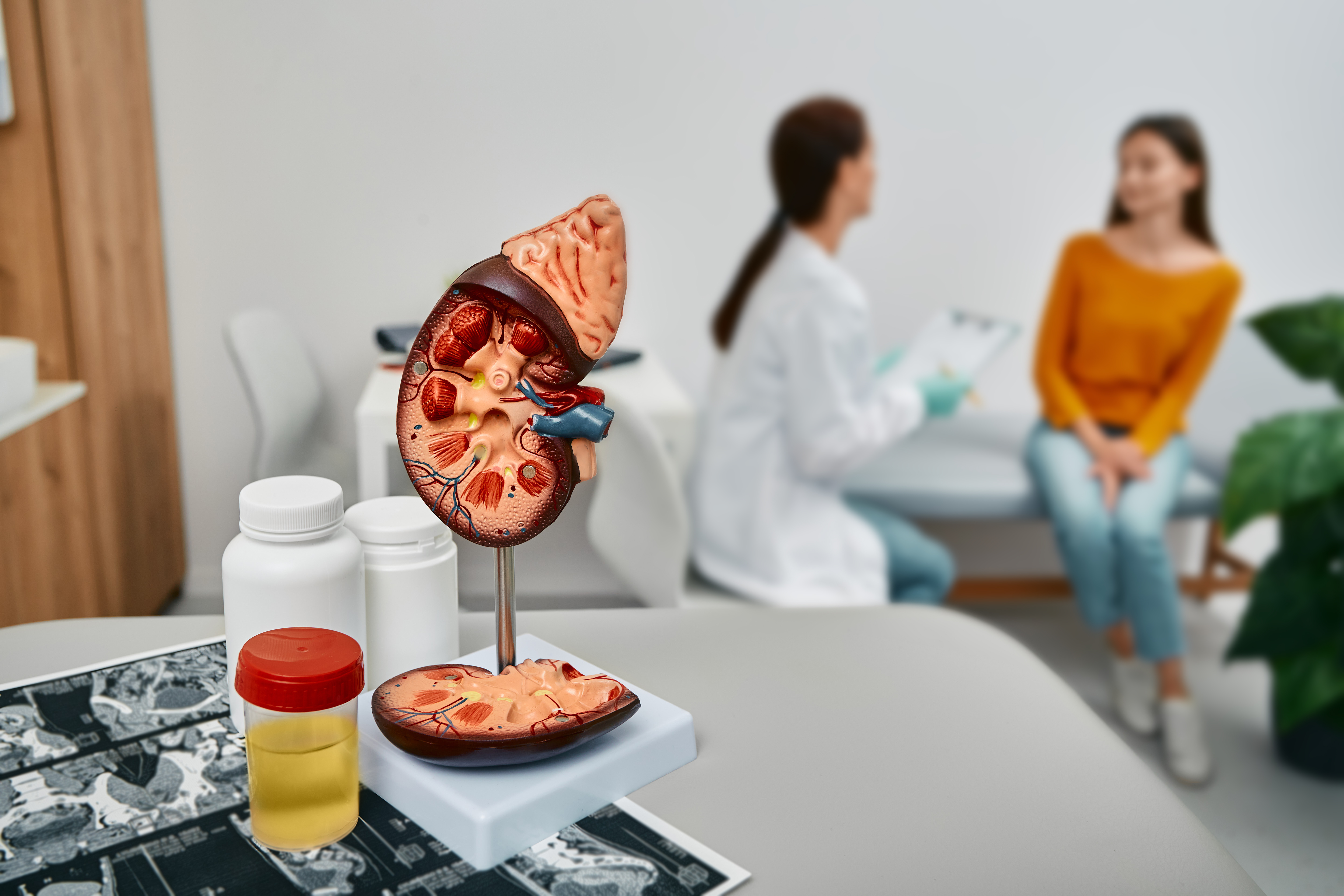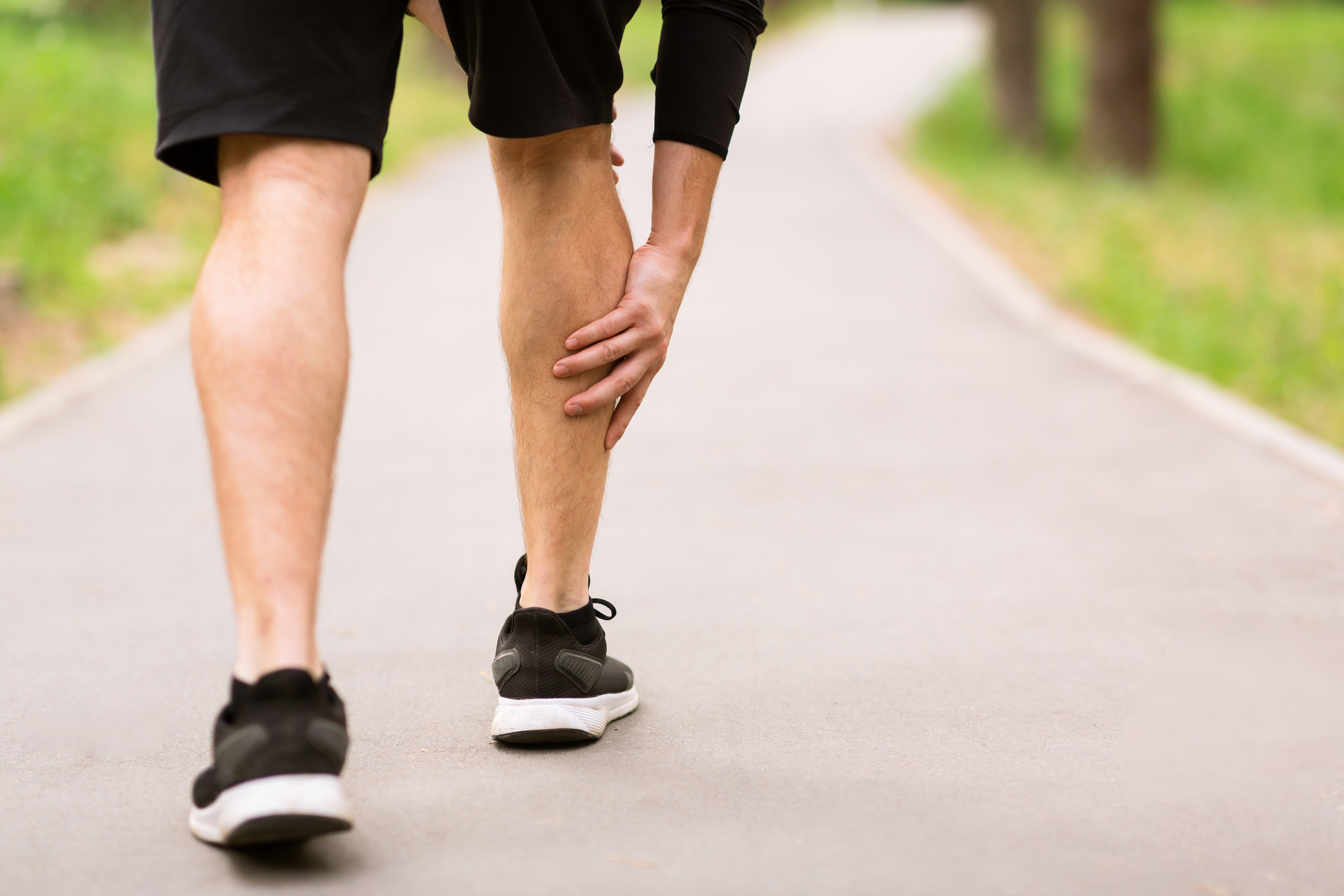When You Should Say 'No Thanks' to the Keto Diet
21. If You Have a History of Kidney Stones (or are prone to them)

While previously touched upon generally, it's crucial to highlight kidney stone risk specifically. The ketogenic diet can alter urine pH and potentially increase calcium excretion, creating an environment more conducive to kidney stone formation. This risk is amplified for individuals with a pre-existing history or genetic predisposition to stones. Meticulous hydration and electrolyte balance are vital on keto, but even then, the metabolic shifts can pose a significant challenge. For those susceptible, the benefits of keto might not outweigh this considerable risk to kidney health.
22. If You're Prone to Severe Electrolyte Imbalances or Extreme "Keto Flu" Symptoms

The common "keto flu" symptoms like headaches, fatigue, and irritability usually pass as the body adapts. However, for some individuals, the rapid depletion of essential electrolytes (sodium, potassium, magnesium) can be severe and prolonged. If you've historically struggled with significant dehydration, intense muscle cramps, or extreme lethargy even with minor dietary shifts, the drastic metabolic transition of keto could lead to a highly debilitating and potentially dangerous adaptation phase. For such individuals, a less extreme dietary change might be safer and more sustainable.
